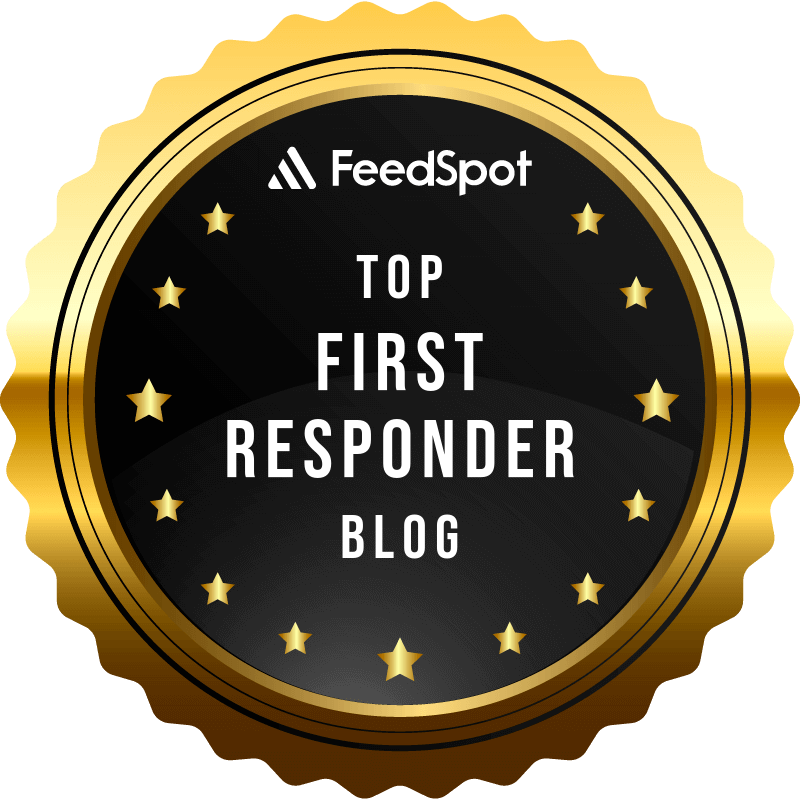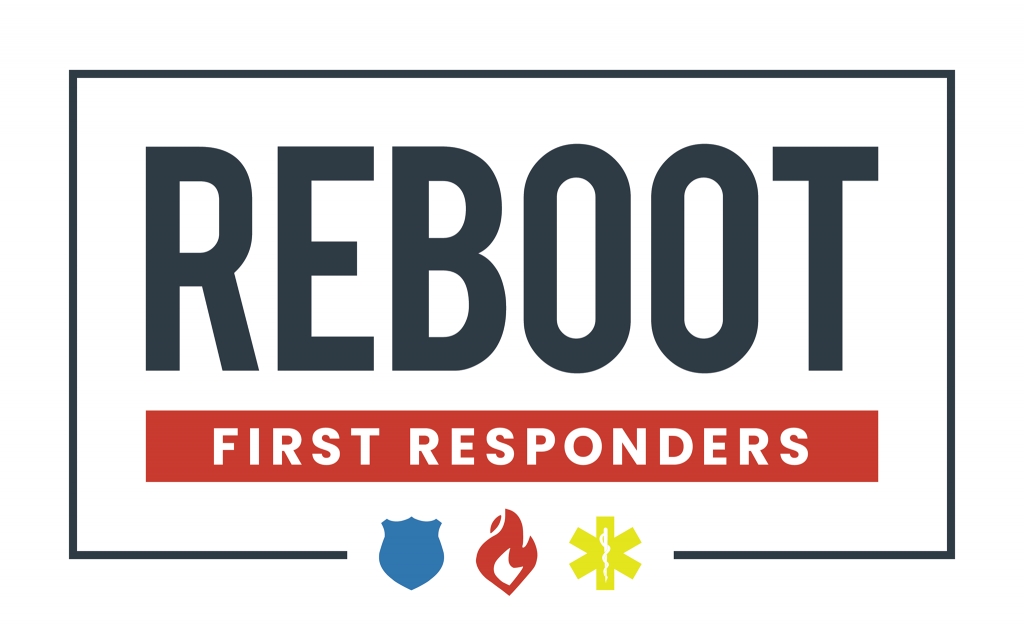
The Negativity Bias
“And now, dear brothers and sisters, one final thing. Fix your thoughts on what is true, and honorable, and right, and pure, and lovely, and admirable. Think about things that are excellent and worthy of praise.” Philippians 4:8 NLT
Have you ever noticed that the leading headlines in the morning or evening news are negative? According to a recent study, the “proportion of headlines denoting anger, fear, disgust, and sadness” increased noticeably in the United States between 2000 and 2019.[1] We have been programmed to be negative. Here are some recent headlines from the Los Angeles news media:
- one killed in a shooting at a downtown LA warehouse
- Detectives searching for witnesses in Porter Ranch murder of 19-year-old college student
- two found dead at storage center in Santa Ana
- Man injured after Los Angeles County deputy shoots him in La Puente
- LAPD officers fatally shoot reportedly armed man in Koreatown
- Long Beach declares public health emergency after deadly tuberculosis outbreak.
“The bad stuff is easier to believe. You ever notice that?”
says Julia Roberts’ character, Vivian, in Pretty Woman (1990)
There is a reason the mainstream media fixates on the negative; they make money on it. We are predestined to pay more attention to negative news than positive news. Politicians use negative campaign ads against their opponents because we pay attention to them. Our media consumption feeds our negativity bias, which feeds our anxiety, fear, and depression.
Understanding negativity bias in everyday life
Negativity bias, our propensity to give greater weight to negative experiences and information than to positive ones, is an evolutionary trait that once served a vital role in human survival. Negative thinking likely evolved as a survival mechanism; our brains are wired to remember and react to adverse events more intensely, often overshadowing the positive occurrences in our lives.
 Our brains become more sensitive to negative information. Since this bias is natural, it may be observed from the very beginning of the brain’s information processing.
Our brains become more sensitive to negative information. Since this bias is natural, it may be observed from the very beginning of the brain’s information processing.
Research has shown that a single negative event can profoundly impact our emotions and behaviors more than several positive experiences combined. This helps explain why past traumas can have a lasting effect and why moving past negative first impressions can be challenging.
We are Velcro for negative experiences and Teflon for positive ones
Rick Hanson, Ph.D.
In almost any contact, we are more likely to notice negative things and remember them clearly. Our hypervigilant nature causes it. This bias significantly influences our perceptions, decisions, and overall mental health. After all, our brain is not designed to make us happy but to keep us alive.
The brain component known as the amygdala is responsible for controlling our emotions and motivation. The brain responds to negative stimuli by increasing electrical neuronal activity, demonstrating that bad news substantially impacts our attitudes more than good or neutral news.
How negativity bias affects mental health
Depressive and anxious symptoms might arise as a result of rumination, a negative thought cycle. It is characterized by recurrent, passive thoughts on distress, unpleasant feelings, and their causes and consequences. Rumination can make problems worse and obstruct critical thinking and problem-solving skills.
Constant negative bias can trigger our stress response, leading to burnout, fatigue, heightened levels of stress and anxiety, and impacting our overall mental health. This can lead to Post-Traumatic Stress injury and suicidal ideation, which is a reality that many first responders face daily.
Studies have shown that individuals with high levels of negativity are more likely to develop digestive disorders, cardiovascular disease, and degenerative brain diseases. They also tend to heal from illnesses far more slowly than individuals with a positive outlook.
Negative experiences trigger stress, which causes the “fight-flight-or-freeze” response. When we experience stress, our bodies release cortisol, which enhances focus and alertness. While some stress can be beneficial, excessive stress can have negative effects. Prolonged negative emotions can weaken the immune system and slow digestion, leading to increased inflammation.
The “negative bias” can have unfavorable and even catastrophic consequences. Depression arises from a negative mindset, which is the result of viewing the world in a negative light. When taken to extremes, depressing thoughts may emerge, and the individual may contemplate suicide.
Strategies to overcome negativity bias
Take note of your thoughts. When anything happens, you may think, “I shouldn’t have done that.” This self-defeating dialogue molds your perceptions of both people and yourself.[2]
Regularly reflecting on your thoughts and feelings during the day allows you to identify constructive and detrimental ideas crossing your mind. Additionally, examining your behaviors can provide insight into what actions are beneficial and which ones are not.
Concentrating deliberately on the positive aspects of life is a skill that nurtures gratitude. Research shows that this practice enhances sleep quality, alleviates stress, and fosters gratefulness.
When we’re depressed, it’s usually because we’ve been constantly thinking about negative things. God wants us to fill our minds with the truth and contemplate the right stuff. He wants us to give time to consider honorable people and pure and pleasing things. He wants us to reflect on what He teaches us is good and his redemptive acts and power. He wants us to ponder whatever is lovely and pleasing.[3] In Philippians 4:8, the Apostle Paul reminds us, “And now, dear brothers and sisters, one final thing. Fix your thoughts on what is true, and honorable, and right, and pure, and lovely, and admirable. Think about things that are excellent and worthy of praise.”
As First Responders, we swore to protect good and fight evil. Many have lost track of their priorities and have put the job first in their lives. If you are experiencing lower than usual sense of self-worth, depression or misplaced guilt, inability to specifically remember or talk about the trauma, feeling numb emotionally, dissociation (not aware of the present moment), a feeling of disconnection from your everyday lives, feeling hyper-aroused and vigilant for danger all the time, lashing out in irritability or unexplained anger, feeling jittery, or unable to concentrate on tasks at hand or other anxiety disorders, such as panic or intense distress, talk to someone and get help. Return to the basics: Put God First, Family Second, and the job further down in the order.
IF YOU HAVE THOUGHTS OF SUICIDE, GET HELP NOW
Law Enforcement Copline (800) 267-5463
Firefighters / Medics Fire/EMS HELPLINE (800) 731-FIRE (3473)
- Rozado, David, et al. “Longitudinal Analysis of Sentiment and Emotion in News Media Headlines Using Automated Labelling with Transformer Language Models.” PLOS ONE, Public Library of Science, journals.plos.org/plosone/article?id=10.1371%2Fjournal.pone.0276367. Accessed September 9, 2024. ↑
- Kinderman P, Schwannauer M, Pontin E, Tai S. Psychological processes mediate the impact of familial risk, social circumstances and life events on mental health. PLoS ONE. 2013;8(10):e76564. doi:10.1371/journal.pone.0076564, accessed September 9, 2024. ↑
- Dirk Poppe, “Philippians 4:8 – What Are You Thinking About? | Christian Library.” n.d. https://www.christianstudylibrary.org/article/philippians-48-%E2%80%93-what-are-you-thinking-about#:~:text=The%20point%20of%20this%20passage,those%20things%20that%20are%20right, accessed September 18, 2024. ↑










